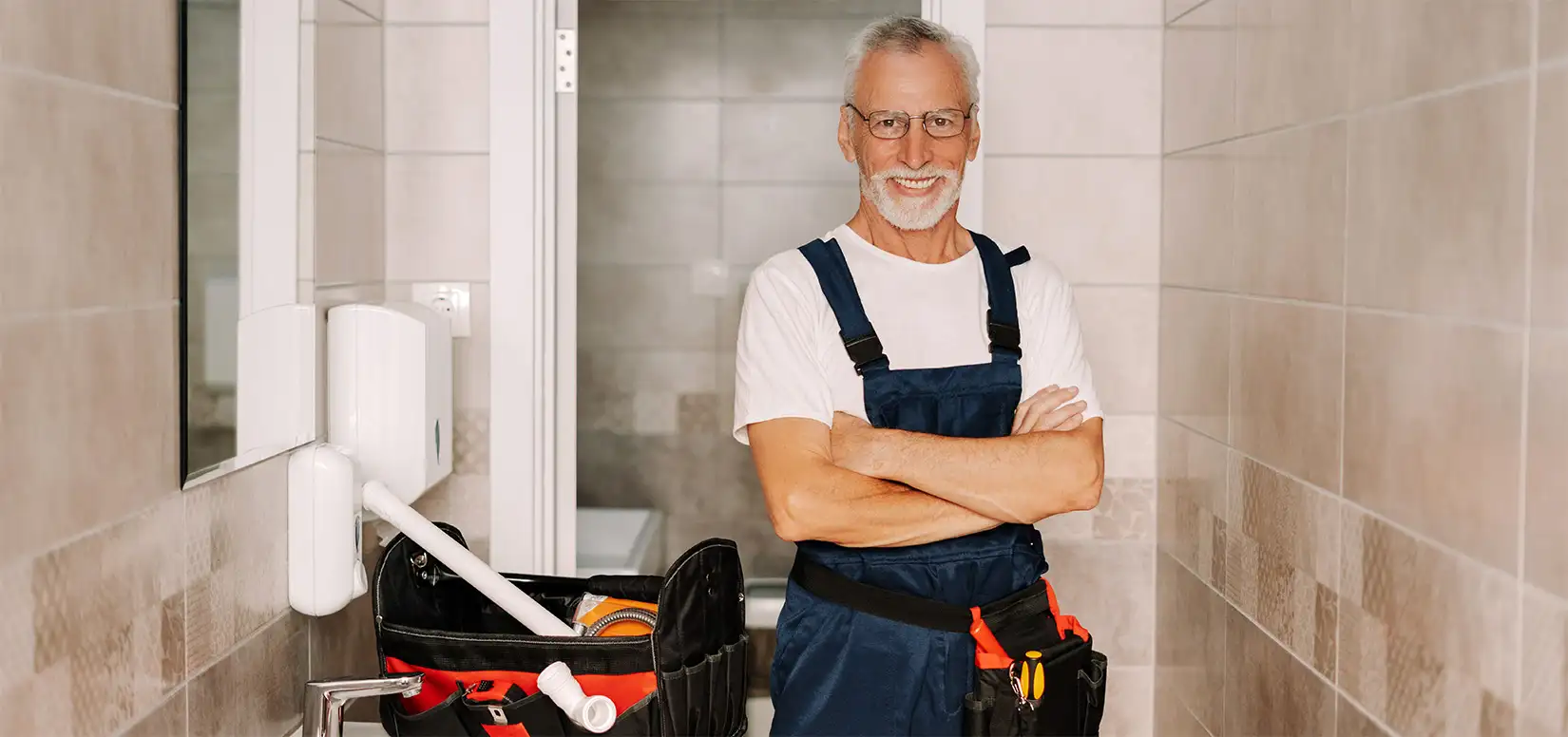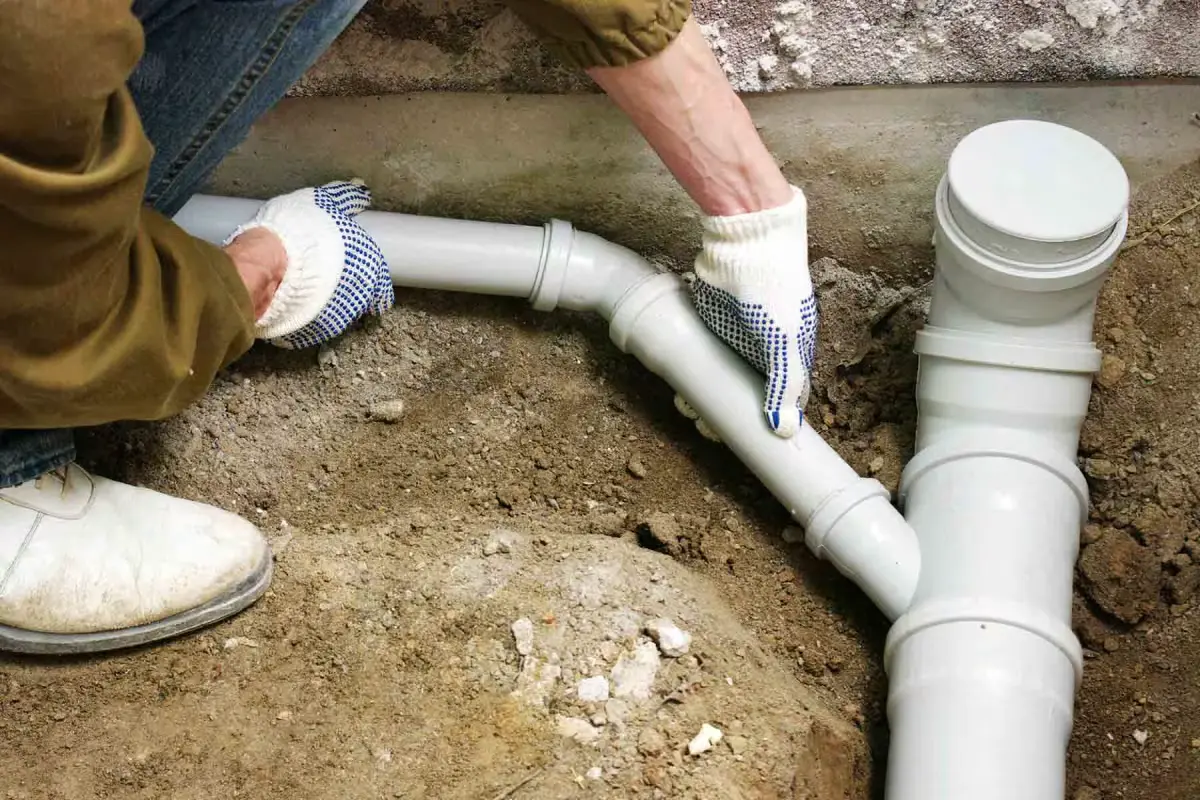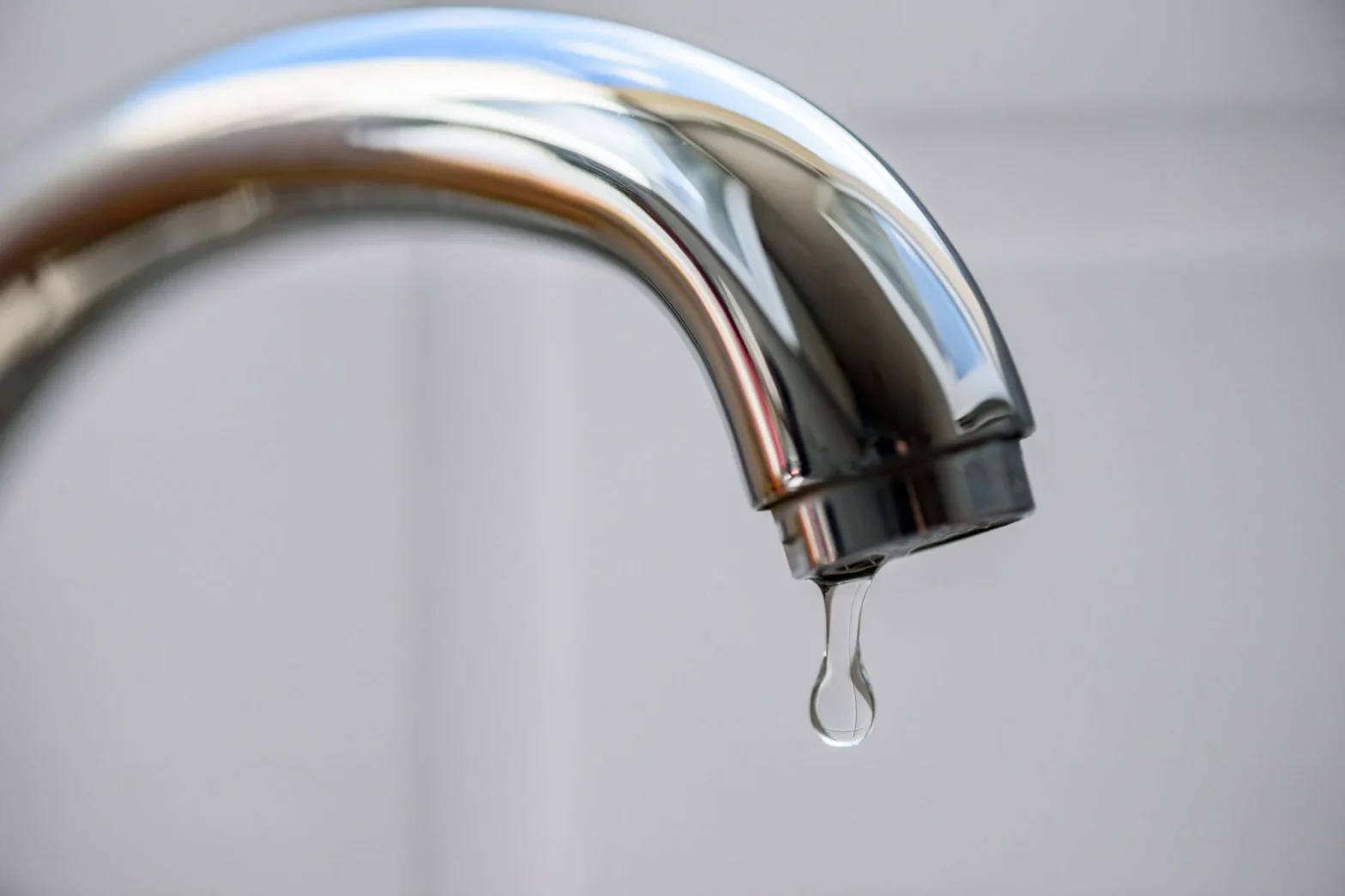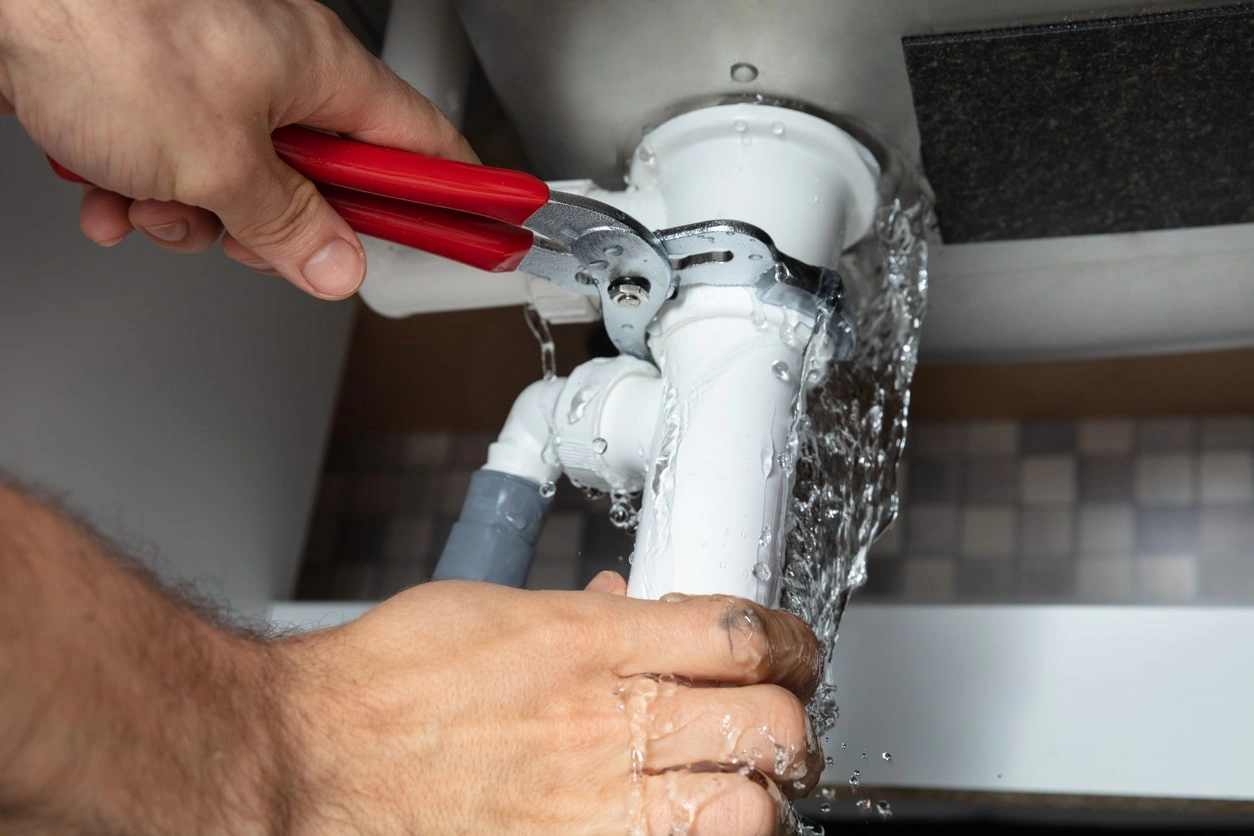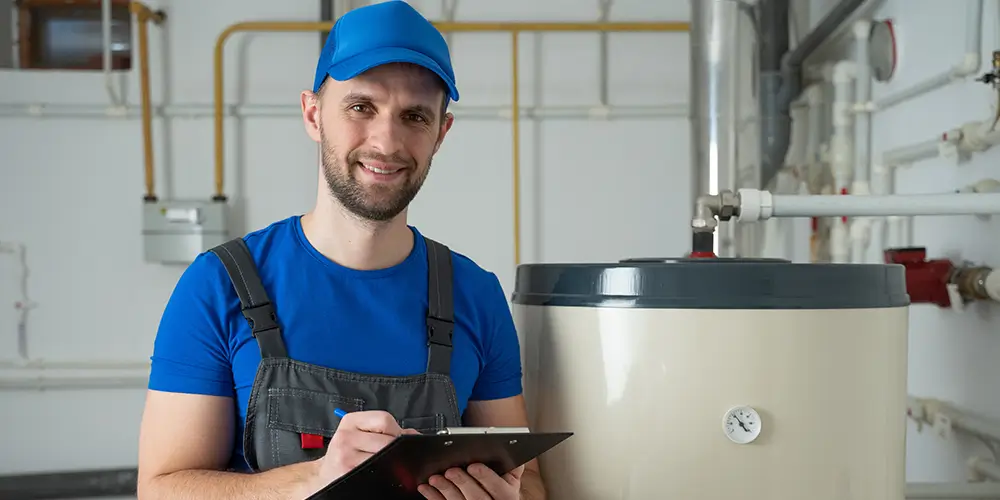What to Ask Your Plumber About Slab Leak Prevention
What is a Slab Leak?
A slab leak occurs when the water pipes beneath the concrete foundation of your home begin to leak. These pipes can be part of your plumbing, drainage, or water supply system. While a small leak may seem insignificant at first, over time, it can cause major structural damage to your home, leading to costly repairs if not addressed. Detecting and preventing slab leaks early is critical to preserving the integrity of your home’s foundation and avoiding serious water damage.
Recommended reading: What Are The Indications That Slab Leak Detection Is Required?
Essential Questions to Ask Your Plumber About Slab Leak Prevention
What causes slab leaks, and how can they be prevented?
Slab leaks can arise from pipe corrosion, shifting soil, improper installation, or high water pressure. By understanding these causes, homeowners can implement preventative measures like pressure regulation, moisture management, and regular plumbing maintenance to reduce the likelihood of leaks.
How can I identify early signs of a slab leak?
Look out for damp or warm spots on the floor, the sound of running water even when taps are off, a sudden increase in water bills, or lower water pressure. Your plumber can explain these signs in detail and recommend the right actions when they appear.
What type of piping material is used in my home, and does it affect slab leak risk?
Homes with older piping materials like copper or galvanized steel are more prone to leaks due to corrosion. Ask if your pipes need to be updated to more modern materials like PEX, which are more resistant to slab leak issues.
What proactive measures can I take to protect my home’s foundation and plumbing?
Your plumber may suggest steps such as installing moisture barriers, ensuring proper drainage, and maintaining even soil moisture around your foundation. These measures reduce stress on the foundation and the pipes running beneath it, preventing future leaks.
How often should I schedule a plumbing inspection, and what should it cover?
Regular inspections are vital for early leak detection. Plumbers typically inspect your home’s plumbing system for corrosion, signs of leakage, or any potential weak points. Based on your home’s age and condition, they’ll recommend how frequently these inspections should be conducted.
Can water pressure affect the likelihood of slab leaks?
High water pressure can accelerate wear and tear on your pipes. Ask your plumber to check your home’s water pressure and install a pressure regulator if necessary to avoid stressing your plumbing system.
Should I consider installing a leak detection system or water monitoring device?
Leak detection systems can monitor your home’s water flow and alert you to leaks early. These systems are highly effective at preventing significant damage from undetected slab leaks. Your plumber can help you choose and install the best system for your home.
What are my repair options if a slab leak is detected?
Depending on the severity of the leak, plumbers may recommend traditional repair methods, which involve breaking through the slab, or trenchless solutions, such as pipe lining or pipe bursting, which are less invasive. Knowing your options can help you make an informed decision should you ever face this issue.
Can preventative treatments for pipe corrosion reduce the risk of slab leaks?
Corrosion is a leading cause of slab leaks, especially in older homes. Ask your plumber about pipe coatings, treatments, or upgrades to more corrosion-resistant materials that can extend the life of your plumbing system and prevent future leaks.
What steps should I take if I suspect a slab leak?
If you notice any signs of a slab leak, such as damp floors or sudden water bill spikes, it’s important to act fast. Ask your plumber about the immediate steps to take, such as shutting off the water supply or contacting an emergency plumber, to prevent further damage.
Frequently Asked Questions (FAQ) About Slab Leaks
- What’s the difference between a slab leak and a regular plumbing leak?
A slab leak occurs under the concrete foundation of your home, making it harder to detect and repair. Regular plumbing leaks are typically easier to access and fix, occurring in walls or under sinks. - Can slab leaks affect my home’s foundation?
Yes, if left untreated, slab leaks can cause significant damage to the foundation, leading to structural issues like cracks in walls, floors, or ceilings. - How long does it take to repair a slab leak?
Repair time varies depending on the severity of the leak and the repair method chosen. Traditional methods may take longer than trenchless options, but your plumber can give you a more accurate estimate based on your specific situation. - Is homeowner’s insurance likely to cover slab leak repairs?
Coverage depends on your policy. Some policies may cover the repair of water damage but not the actual plumbing repair, so it’s important to review your policy and check with your insurer. - How expensive are slab leak repairs?
The cost varies depending on the extent of the damage and the repair method used. Traditional repair methods tend to be more expensive and invasive than trenchless techniques. Your plumber can provide a detailed estimate after assessing the leak.
Conclusion: Protect Your Home with Calis Choice
Preventing slab leaks is key to maintaining your home’s value and integrity. By asking the right questions and scheduling regular maintenance, you can stay ahead of potential issues. At Cali’s Choice, our team of expert plumbers is dedicated to helping you protect your home from slab leaks. We offer comprehensive inspections, leak detection services, and various repair options, including non-invasive trenchless solutions.
If you’re concerned about slab leaks or want to learn more about prevention, contact Cali’s Choice today. Our team is ready to answer your questions and ensure your home stays leak-free.
Related Posts


